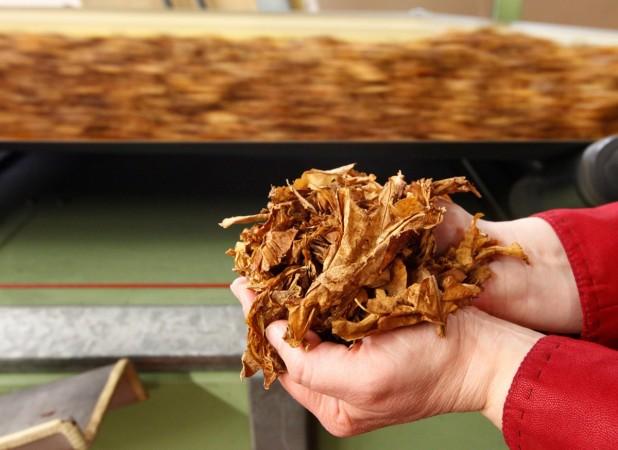
Around 70 million women belonging to the age group of 15 and above consume smokeless tobacco (SLT) for suppressing hunger while carrying out tiresome tasks, a new report says.
The report was released during the Seventh Session of the Conference of Parties (COP7) to World Health Organization (WHO) Framework Convention on Tobacco Control (FCTC) which was hosted by India for the first time.
"Currently, 70 million women aged 15 and older use SLT. Easy availability and low cost of SLT are key factors promoting SLT use by women. One factor influencing SLT use among disadvantaged women is the desire to suppress hunger while performing difficult and laborious tasks," the report quoted.
Ailments such as cancers in the oral cavity and pharynx were labelled as crucial health issues in India. As per the statistics, 85,000 new cases among men and 34,000 among women are reported annually, out of which more than half of them are an outcome of SLT and 90 percent are caused due to tobacco intake in any form.
As per the survey conducted by the Global Adult Tobacco Survey (GATS) in India, in 2009-2010, the report stated that SLT was the commonest form of tobacco available. It was used by 33 percent of men and 18 percent women, pointing towards a total usage of 23 percent.
"The relative risk of oral cancer among women SLT users is 8 times higher than that for men, and the relative risk of cardiovascular disease among women SLT users is 2-4 times higher than in men. Relative risk of all-cause mortality due to SLT use is higher among women than among men," the report said.
The report even revealed that tobacco consumption during pregnancy make women prone to 70 percent higher risk of anaemia in pregnant women. It raises the chances of still birth and low birth weight up to three times.
"The relative risk of oral cancer among women SLT users is 8 times higher than that for men, and the relative risk of cardiovascular disease among women SLT users is 2-4 times higher than in men. Relative risk of all-cause mortality due to SLT use is higher among women than among men," the report said.

















